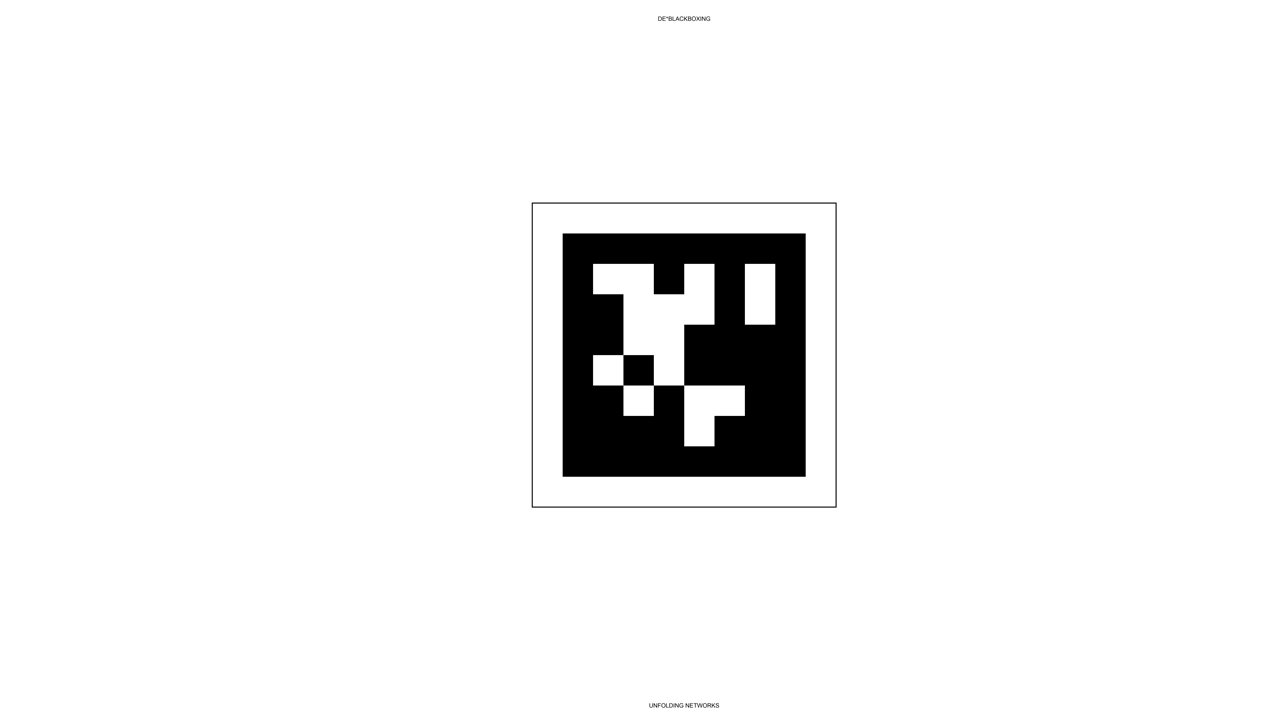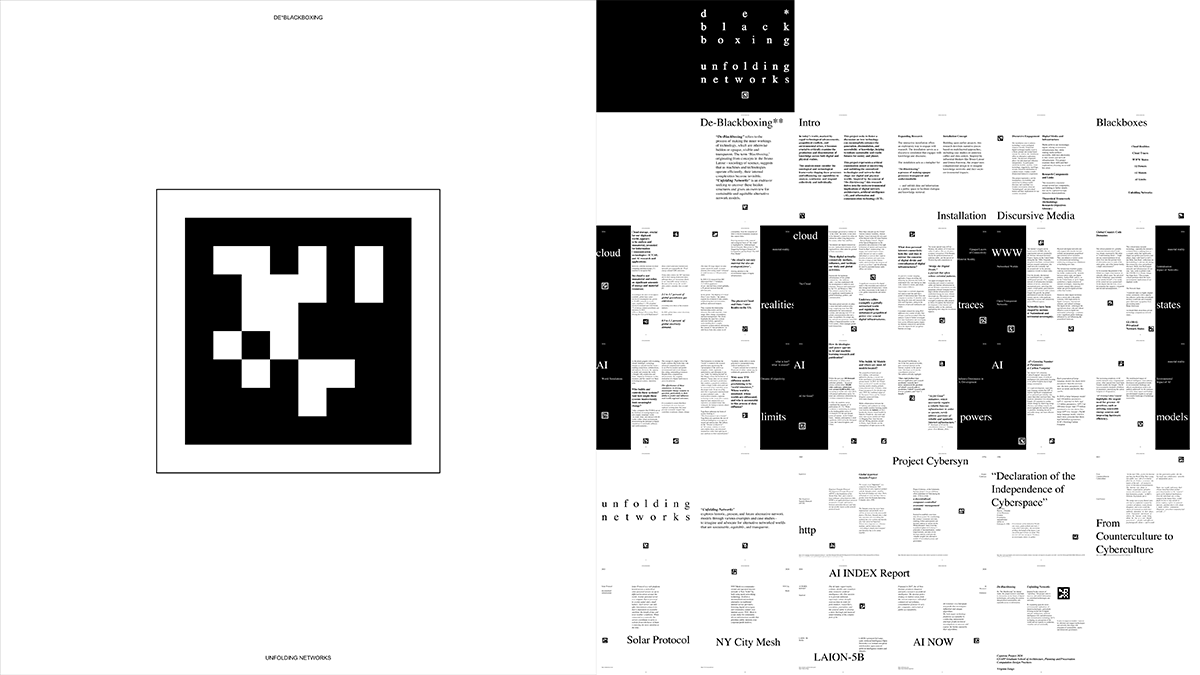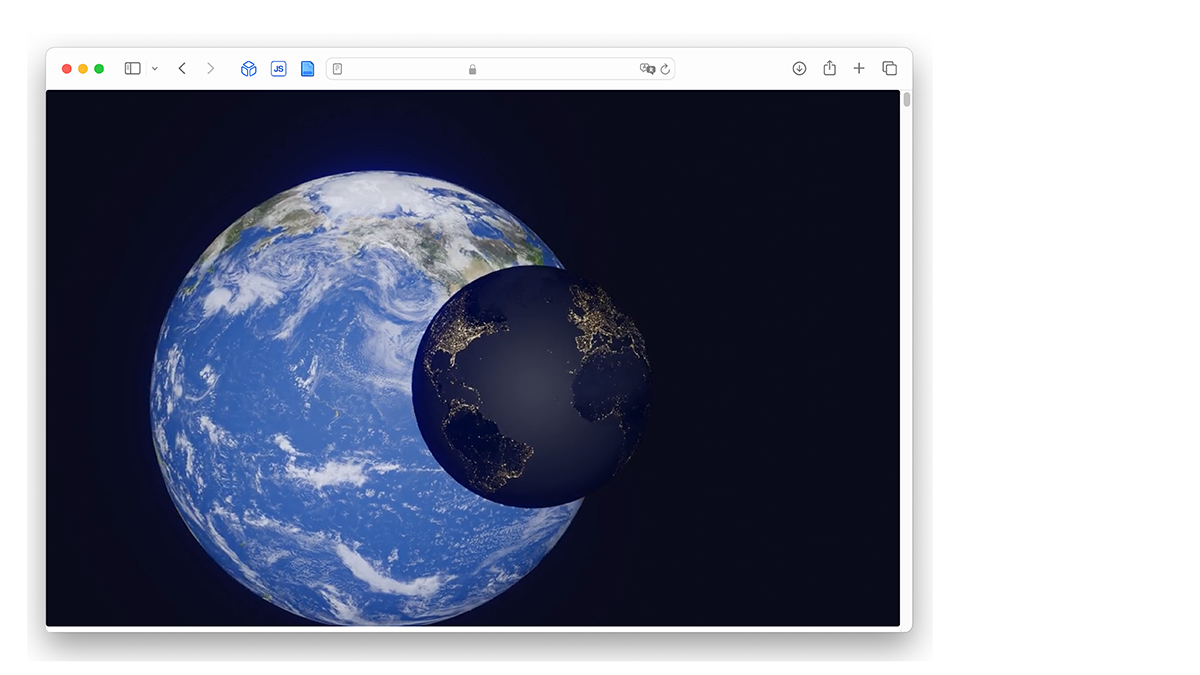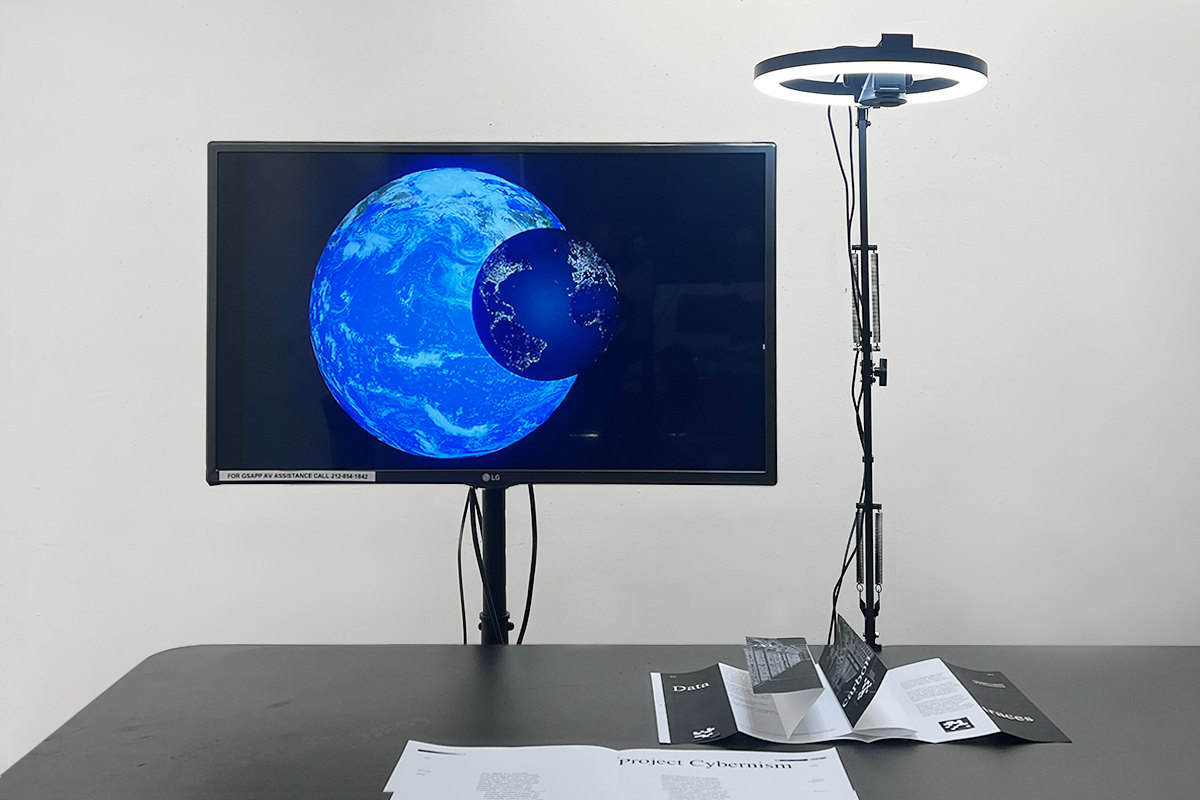De-Blackboxing: Unfolding Networks
Virginia Zangs
"De-Blackboxing" refers to the process of making the inner workings of technology that are otherwise hidden or opaque - visible and transparent. The term “Blackboxing”, originating from Bruno Latour’s concept and sociology of science, suggests that as machines and technologies operate efficiently, their internal complexities become invisible. [1]
“Unfolding Networks” is an endeavour seeking to uncover these hidden structures and gives an overview for sustainable and equitable alternative network models. “Unfolding Networks” explores historic, present, and future alternative network models through various examples and case studies - to imagine and advocate for alternative networked worlds that are sustainable, equitable, and transparent.
This research is structured around several key components, each linking to further details that can be explored through an interactive digital research platform.
The Installation
The interactive media installation offers an exploratory way to engage with research and data. The installation serves as a discursive simulation that engages with knowledge and discourse. It acts as a metaphor for "de-blackboxing" — a process of making opaque processes transparent and understandable — and unfolds data and information in a public space to facilitate dialogue and knowledge retrieval.

Discursive Engagement
The installation aims to address technology’s socio-ecological impacts critically. Traditional digital exchanges usually occur in a linear, prompt and receipt-based manner. In contrast, this installation offers an alternative exploratory model. The physical component allows for individual and collective interpretation. As participants unfold the booklet, machine vision technology, triggered by AprilTags, reveals concurrent information on a digital screen, creating a multi-dimensional interactive experience.



Latour, B. (1999). Pandora's Hope: Essays on the Reality of Science Studies. Harvard University Press. ↩︎